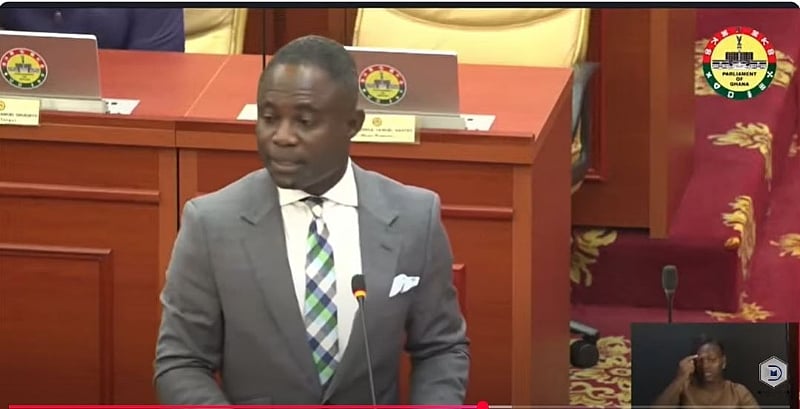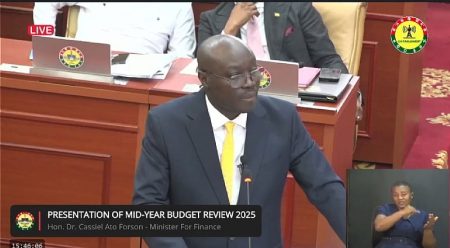The resurgence of COVID-19 in Ghana, primarily localized within the University of Ghana, has prompted a swift and comprehensive response from the Ministry of Health. Health Minister Kwabena Mintah Akandoh confirmed a significant uptick in cases, with 107 positive results out of 316 suspected samples. While no hospitalizations or deaths have been reported, the concentration of cases within the university community raises concerns about potential wider spread. The Omicron variant, identified as the dominant strain in this outbreak, highlights the virus’s continued evolution and the need for ongoing vigilance. Fortunately, the outbreak’s containment within the university offers a window of opportunity to implement targeted interventions and prevent a broader resurgence within the general population.
The identification of the Hall Week celebrations at the University of Ghana as the primary driver of the outbreak emphasizes the risks associated with large gatherings and relaxed adherence to safety protocols. The festive atmosphere of these events likely contributed to a decrease in mask usage and physical distancing, creating an ideal environment for viral transmission. This underscores the importance of maintaining consistent preventive measures, even during periods of perceived low risk. The Minister’s report to Parliament on this localized outbreak serves as a timely reminder of the virus’s persistent threat and the need for continued vigilance in adhering to established public health guidelines.
The Ministry of Health’s proactive response to the outbreak demonstrates a commitment to containing the spread and mitigating its impact. The mobilization of a national response team, in coordination with university authorities and municipal health officials, ensures a unified and coordinated approach. Strategic meetings involving key stakeholders, including the Ghana Health Service, the Noguchi Memorial Institute for Medical Research, and public health experts, further strengthen the response effort by leveraging scientific expertise and institutional capacity. This collaborative approach is crucial for effective outbreak management and reinforces the importance of inter-agency cooperation in public health crises.
The immediate suspension of all upcoming Hall Week celebrations at the university reflects a decisive measure to curtail further transmission. This action, while potentially disruptive to student life, prioritizes public health and aims to prevent the outbreak from escalating further. The nationwide health alerts issued to health facilities, advising increased surveillance and preparedness, demonstrate a proactive approach to early detection and rapid response should cases emerge in other areas. By enhancing surveillance and preparedness, health facilities can effectively identify and manage potential cases, minimizing the risk of widespread community transmission.
The implementation of a robust public education campaign within the university community further strengthens the containment efforts. Utilizing multiple communication channels, including posters, student leadership networks, and campus radio, ensures widespread dissemination of key messages regarding safety protocols. Reinforcing the importance of handwashing, mask-wearing, and vaccination effectively empowers students to take ownership of their health and contribute to the collective effort in curbing the outbreak. This targeted approach to public education leverages existing communication networks to reach the affected population and promote responsible behavior.
The Minister’s call for continued vigilance and adherence to preventive measures serves as a crucial reminder that the fight against COVID-19 is far from over. While the current outbreak is localized, the virus’s ability to mutate and spread rapidly necessitates a sustained commitment to public health guidelines. Frequent handwashing, mask-wearing in crowded areas, and vaccination, including booster doses, remain critical tools in mitigating the risk of infection and protecting vulnerable populations. By emphasizing these preventive measures, the Minister reinforces the shared responsibility in safeguarding public health and preventing future outbreaks. The ongoing monitoring of the situation, coupled with proactive interventions and public awareness campaigns, will be essential in containing the current outbreak and preventing further spread within the wider community.














